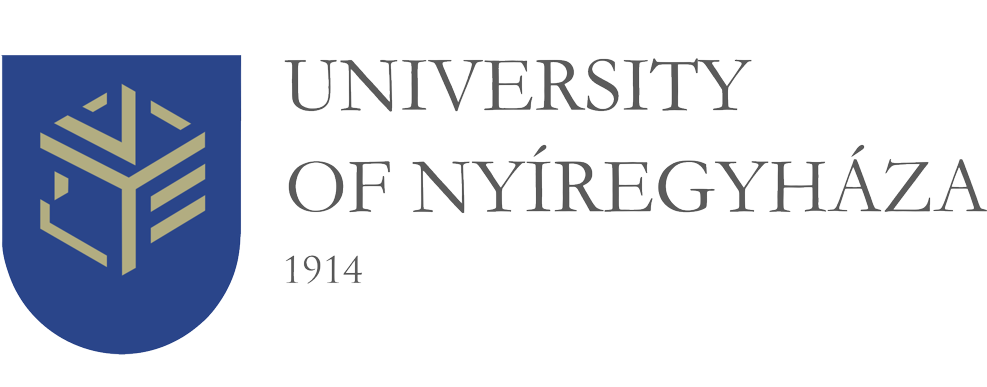Research area and keywords of research:
The role of folk music education in the curricular and extracurricular scenes of art education
Name of the researcher(s) and research group:
- Dragony Gábor
Name of the Institute:
University of Nyíregyháza, Institute of Music
Research objectives:
Exploration of the curricular and extracurricular scenes of folk music education
Description and results of research:
Based on interviews with folk music instructors, extracurricular folk music education can be defined: it is a tradition based area of art education that represents value. Masters are the main actors of education, who preserve tradition. Collecting trips are the best opportunities to meet them and to get to know the ethnographic environment. In addition to musical development, educational scenes provide background knowledge in folklore via methods that provide experience.
According to a questionnaire survey of high school students studying folk music, in the extracurricular scenes, the experience-creating music activities are richer and students require more musical activity there than in the class. The proportion of those who visit extracurricular scenes from the curricular arenas is higher than that of those entering institutional education from the extracurricular scene.
It is more common in the extracurricular scene, to participate in dance houses and camps, meet with informants, engage in music with a friend and other students, develop active community life, and develop relationships. Students highly appreciate the contribution of extracurricular events to their professional development. Participation in competitions, talent development, use of original audio and visual material, collaborative music with the teacher and the selection of curricula according to the individual interest are more common in the school. Students participate in concerts as a performer or viewer to an almost equal extent, and their participation in the band is also at the same ratio.
Research partners from other institutions: -
Other information:-
Publications (max. 5):
-
Dragony Gábor (2017): Extrakurrikuláris lehetőségek a népzeneoktatásban. In: Új kutatások a neveléstudományban 2017 (szerk. Kerülő J. és Jenei T.), Debrecen: Kreatív Help Bt., 113–121. http://www.nye.hu/sites/default/files/u5/KFI/onk.pdf; (Gábor Dragony (2017): Possibilities of extracurricular activities in folk music education. In: New research in education science 2017 (eds. J. Kerülő and T. Jenei), Debrecen: Kreatív Help Bt., p. 113–121.)
-
Dragony Gábor (2018): A népzeneoktatás múltjáról és jelenéről a művészeti oktatás tükrében. In: A zenepedagógia jelene, múltja és jövője 2018 (szerk. Váradi J. és Szűcs T.), Debreceni Egyetemi Kiadó, 99–113. (Gábor Dragony (2018): Past and present of folk music education in the light of art education. In: The present, past and future of music pedagogy 2018 (eds. J. Váradi and T. Szűcs), Debrecen University Press, p. 99–113.)


